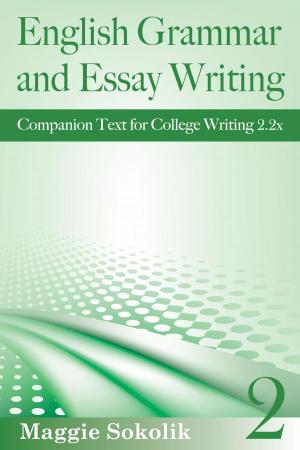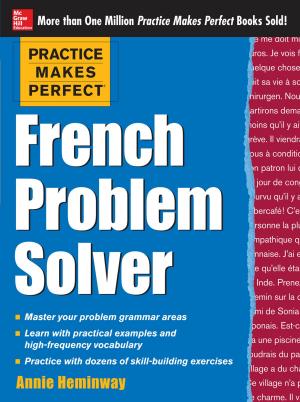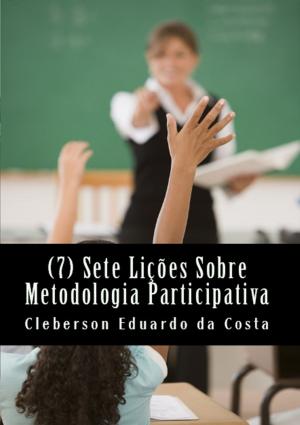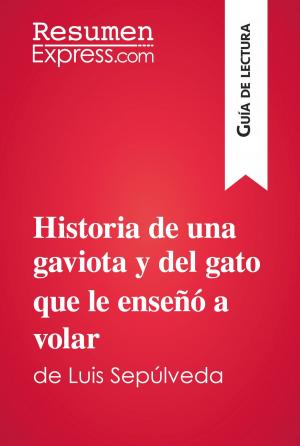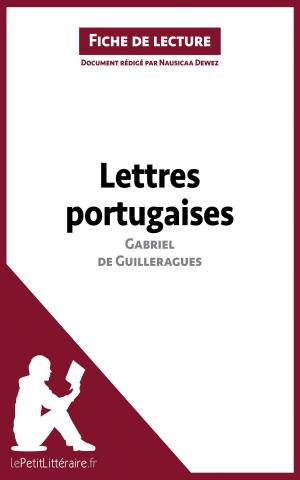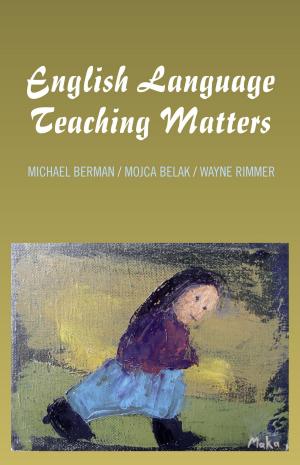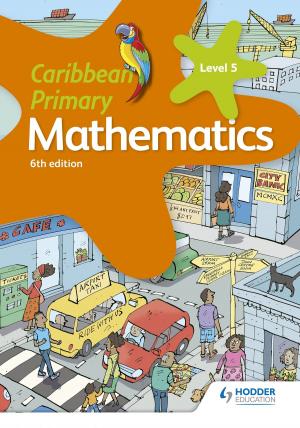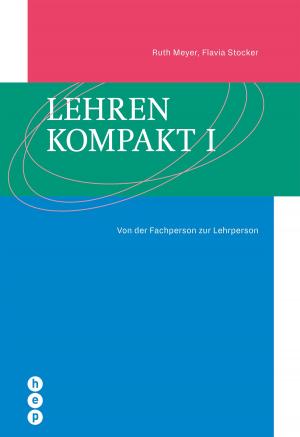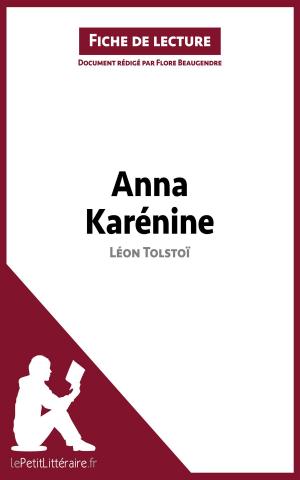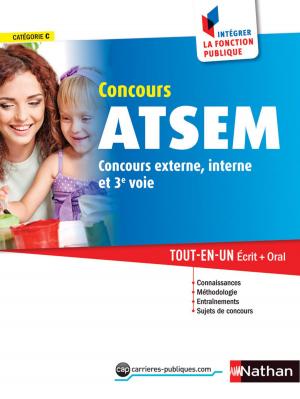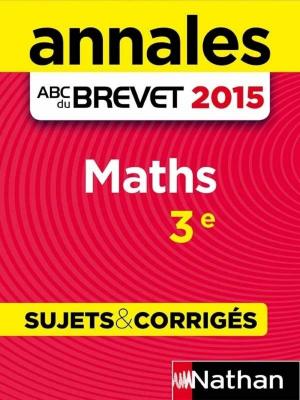Science for Primary Teachers
Second Edition
Nonfiction, Science & Nature, Science, Other Sciences, Study & Teaching| Author: | Lynden Rogers, Gemma Christian, Jason Morton | ISBN: | 1230000014099 |
| Publisher: | School of Science and Mathematics, Avondale College of Higher Education | Publication: | August 25, 2012 |
| Imprint: | Language: | English |
| Author: | Lynden Rogers, Gemma Christian, Jason Morton |
| ISBN: | 1230000014099 |
| Publisher: | School of Science and Mathematics, Avondale College of Higher Education |
| Publication: | August 25, 2012 |
| Imprint: | |
| Language: | English |
You may be asking "why does a primary teacher like me need to know anything about science? Is there any chance of my enjoying this book if I am not a scientific nerd?" Fair questions. Here are the answers.
Our general aim in writing this textbook material was to provide some basic knowledge about how science works. After all, we live in a very science-oriented and techno world, and it would be nice, surely, to understand a bit about how it all works. We are also wanting to make it easier for you to get your pupils interested in science. We all start our learning experience with primary school classrooms taught by teachers like yourself. Your likes and dislikes are all too easily transmitted to your pupils, including loves and hates of science and maths. If you have long harboured a negative attitude to these subjects we hope that this textbook and study unit will cure it a bit. If that is too hopeful we hope that we can help you disguise it. After all, what a dreadful thing it would be if the next Einstein was killed off in his or her scientific youth because of a negative attitude imparted early on by the teacher. The thing hardly bears thinking about.
In our choice of topics we have been guided by the new Draft National Science
Curriculum, particularly levels K-2. We have also done our best to choose topics within science which obviously impact our daily lives. Finally, we have concentrated on scientific stuff for which the explanation is not too hard - where ordinary people can understand! For this reason we have also eliminated most of the maths and equations, although we couldn’t get rid of them all. This wouldn’t be right – or even possible. So our specific aims are to:
- help you understand what science is and how it works, using both constructivist and realist strategies,
- provide some background on how it first emerged and how it is continually being developed and advanced,
- help you understand how some common phenomena work. Things we experience in the playground, on the road, in the home and on the sports field,
- give you some confidence as you present science in your classes, and
- provide a range of ideas on do-able classroom activities having solid scientific value which can hopefully excite and inspire your students.
You may be asking "why does a primary teacher like me need to know anything about science? Is there any chance of my enjoying this book if I am not a scientific nerd?" Fair questions. Here are the answers.
Our general aim in writing this textbook material was to provide some basic knowledge about how science works. After all, we live in a very science-oriented and techno world, and it would be nice, surely, to understand a bit about how it all works. We are also wanting to make it easier for you to get your pupils interested in science. We all start our learning experience with primary school classrooms taught by teachers like yourself. Your likes and dislikes are all too easily transmitted to your pupils, including loves and hates of science and maths. If you have long harboured a negative attitude to these subjects we hope that this textbook and study unit will cure it a bit. If that is too hopeful we hope that we can help you disguise it. After all, what a dreadful thing it would be if the next Einstein was killed off in his or her scientific youth because of a negative attitude imparted early on by the teacher. The thing hardly bears thinking about.
In our choice of topics we have been guided by the new Draft National Science
Curriculum, particularly levels K-2. We have also done our best to choose topics within science which obviously impact our daily lives. Finally, we have concentrated on scientific stuff for which the explanation is not too hard - where ordinary people can understand! For this reason we have also eliminated most of the maths and equations, although we couldn’t get rid of them all. This wouldn’t be right – or even possible. So our specific aims are to:
- help you understand what science is and how it works, using both constructivist and realist strategies,
- provide some background on how it first emerged and how it is continually being developed and advanced,
- help you understand how some common phenomena work. Things we experience in the playground, on the road, in the home and on the sports field,
- give you some confidence as you present science in your classes, and
- provide a range of ideas on do-able classroom activities having solid scientific value which can hopefully excite and inspire your students.

